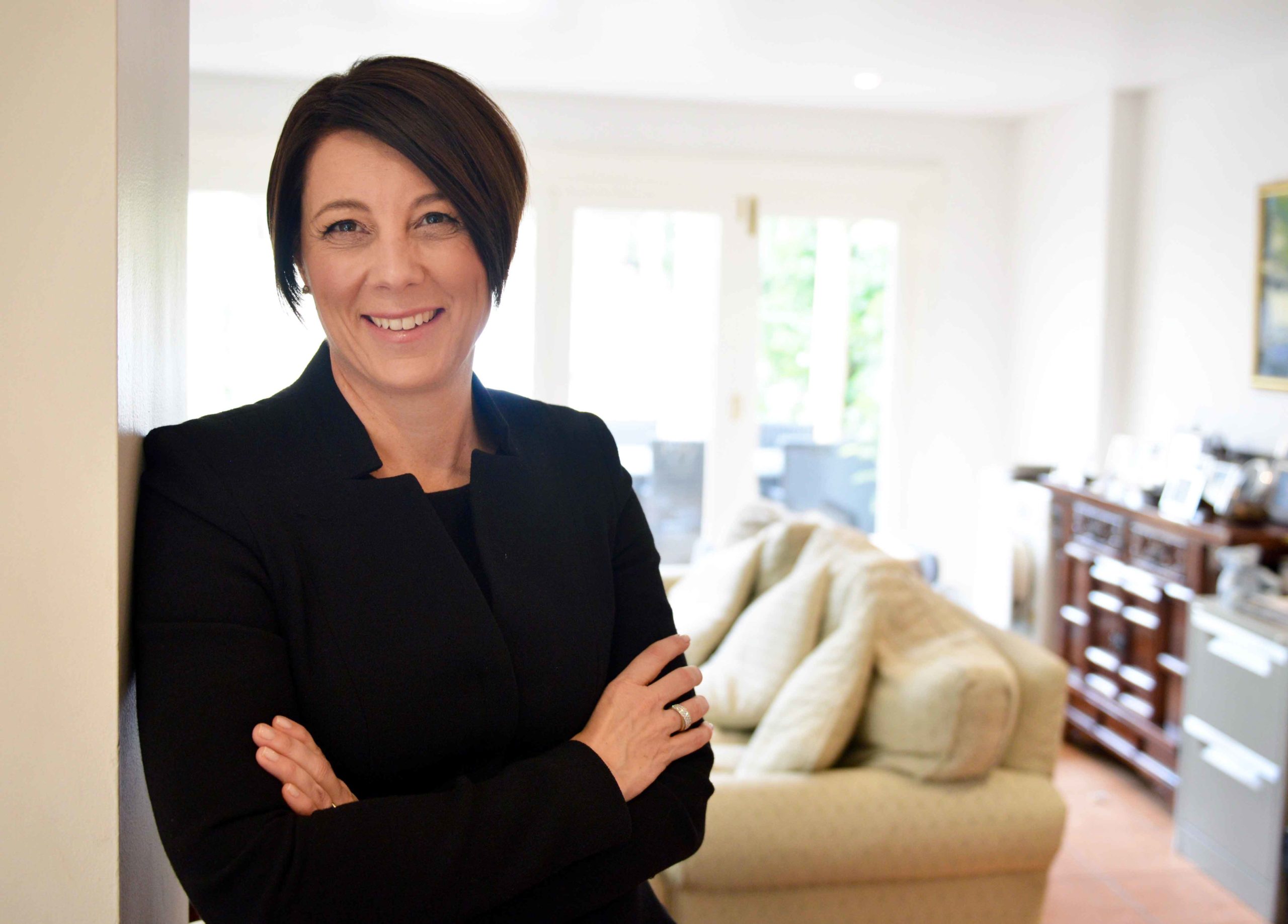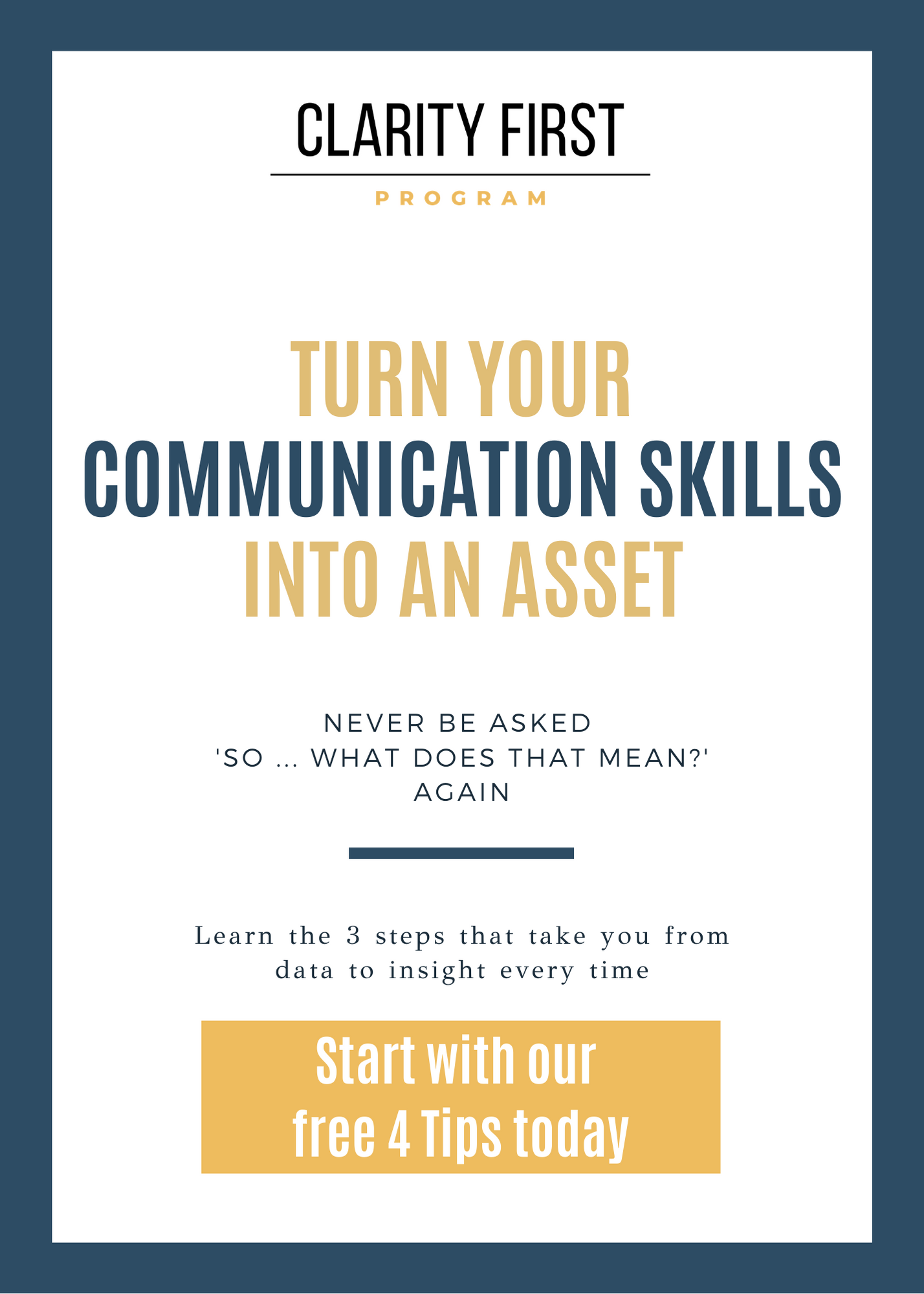Changing other peoples' minds is central to having influence in business, however in his new book Atomic Habits James Clear offers some new insight into this vexing challenge.
He starts by referring to two notable minds which point in the same direction:
J.K. Galbraith once wrote, “Faced with a choice between changing one's mind and proving there is no need to do so, almost everyone gets busy with the proof.”
So true.
Leo Tolstoy who was even bolder: “The most difficult subjects can be explained to the most slow-witted man if he has not formed any idea of them already; but the simplest thing cannot be made clear to the most intelligent man if he is firmly persuaded that he knows already, without a shadow of a doubt, what is laid before him.” I hunch women behave similarly!
So, if that is also true, how do we get any kind of progress in business?
We must frequently persuade people to change how they think about things and, even harder, get them to change their behaviour.
Here are six suggestions from James's new book to help in that regard:
Understand why we hold our tongues when we know something is not true. He claims we don't always believe things because they are correct, but rather because they make us look good to people we care about it. This speaks to the power of the reward we all get from belonging to a tribe.
Focus on friendship first, and facts second. Given this tribal nature, he suggests that people will hold onto false beliefs long and hard if that means they can sustain their membership of a group that matters to them. So, finding a way to engage people in a new idea, a new process or a new behaviour is best achieved when you have already built a relationship and when you can frame it in such a way that adds to rather than contradicts the beliefs of the community that people belong to.
Find areas of agreement and build on those. If someone you know, like and trust believes a radical idea you are more likely to give it merit. After all, if you like them already, there is a greater chance of liking their ideas. So, use this to your advantage. Find your . friends who also have strong relationships with the people who disagree with you, and engage them in your ideas first.
Where disagreement is likely, find a way to introduce the ideas without confrontation. Interestingly, James suggests providing people with something to read – he suggests a book, but in a business context a report or paper might do – rather than going first for a conversation. This provides people with an opportunity to absorb and reflect on the ideas in private so they can incorporate the information into their own view before having a potentially courageous conversation from scratch. In sum, warm them up gently.
Avoid giving people opportunities to complain about things they don't like. This gives them an opportunity to talk about – and reinforce – their dislike for an idea, giving it more airtime than it deserves. James calls this Clear's Law of Recurrence: the more often something gets mentioned (even in a negative way) the more it is embedded into the psyche of the speaker and the listener. After all, how much air time does Donald Trump get? Instead, spend your time championing good ideas so they get the airtime they deserve and the others fade away from lack of oxygen.
Be kind first and right later. Here he quotes the brilliant Japanese writer Haruki Murakami who once wrote, “Always remember that to argue, and win, is to break down the reality of the person you are arguing against. It is painful to lose your reality, so be kind, even if you are right.” Enough said.
Click here to read the full article. And, no, I don't get anything from James Clear for blogging about his article. I just like what he says and thought you might too.
Keywords: design your strategy, leadership communication, learning and development
Please note, this post contains Amazon affiliate links, and as an Amazon Associate I earn a small amount from qualifying purchases. This helps me cover the costs of delivering my free content to you.

PRESENTED BY DAVINA STANLEY
I love what I do.
I help senior leaders and their teams prepare high-quality papers and presentations in a fraction of the time.
This involves 'nailing' the message that will quickly engage decision makers in the required outcome.
I leverage 25+ years' experience including
- learning structured thinking techniques at McKinsey in Hong Kong in the mid 1990s before coaching and training their teams globally as a freelancer for a further 15 years
- being approved to teach the Pyramid Principle by Barbara Minto in 2009
- helping CEOs, C-suite leaders and their reports deeply understand their stakeholder needs and communicate accordingly
- seeing leaders cut the number of times they review major papers by ~30% and teams cut the amount of time they take to prepare major papers by ~20%*
- watching senior meetings focus on substantive discussions and better decisions rather than trying to clarify the issue
My approach helps anyone who needs to engage senior leaders and Boards.
Recent clients include 7Eleven, KPMG, Mercer, Meta, Woolworths.
Learn more at www.clarityfirstprogram.com
(*) Numbers are based on 2023 client benchmarking results.


